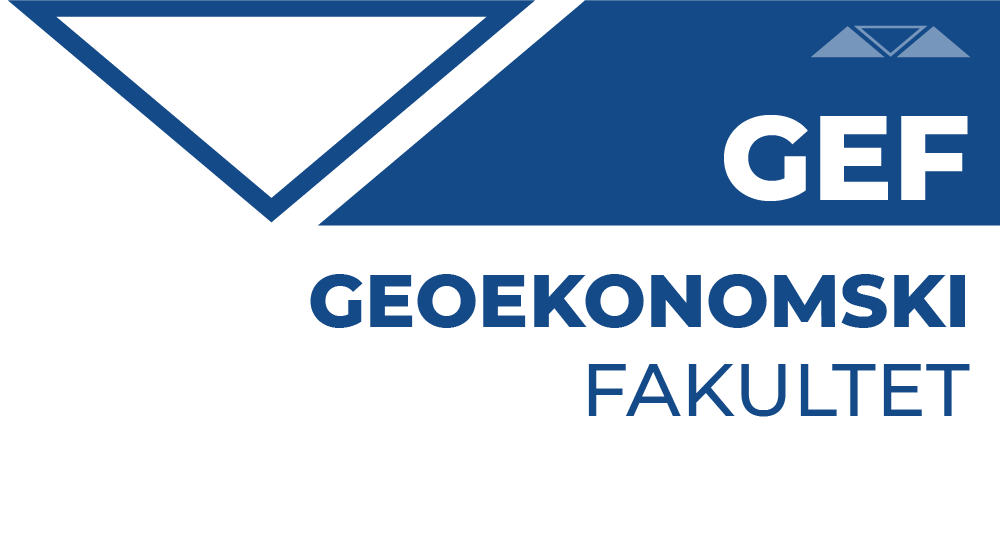GEOECONOMIC AND REGIONAL STUDIES – Master program
Geoeconomic and regional studies (European Union sector, Sector for North and Latin America, Sector for Russia and Asia) has a focus on studying the macroeconomic aspects of contemporary international economic relations, while respecting the international position, geopolitical, historical and social characteristics of individual world regions and national economies.
The program provides students with specific professional competencies in the field of economy of the region selected – the European Union, the North and the Latin America, Russia and Asia. Also, the studenta are trained for scientific work in the field of geoeconomics and regional studies, the analysis of interdependence of national economies and regions in modern globalized international relations in the world.
Master studies last one year, the volume of studies: 60 ECTS.
At the end of the studies, the academic title obtained is: Master in Economics with a specialization for a particular region, which will be indicated in the diploma supplement.




